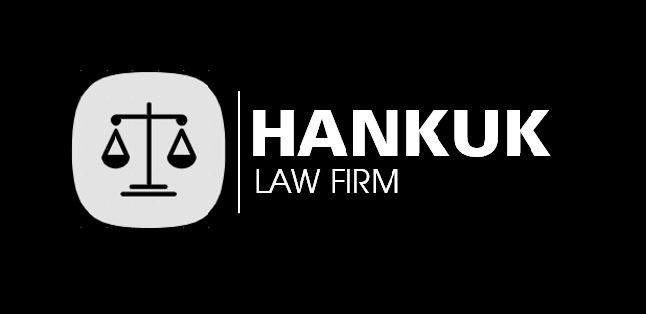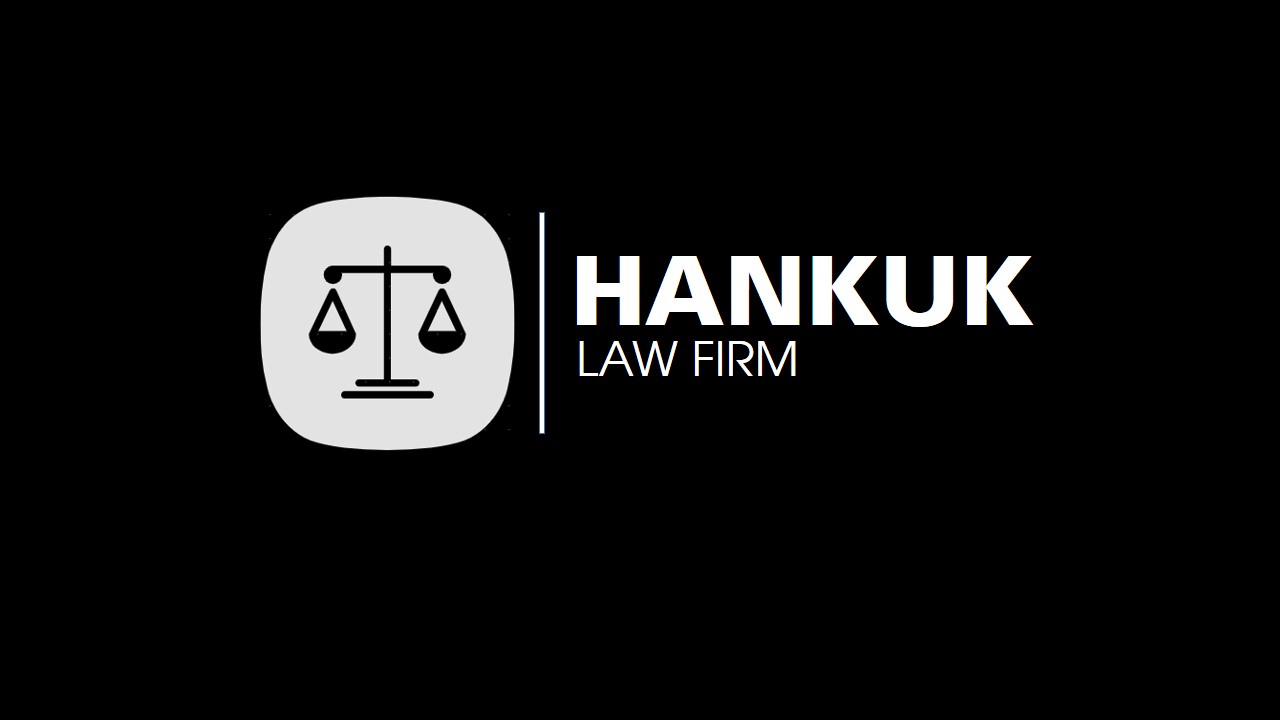ARE FIXED ASSETS IN FINANCIAL LEASE DEPRECIATED?
Contents
- 1. What are financial leased fixed assets?
- 2. Are fixed assets under financial lease depreciated?
- 3. How is the depreciation period determined for financial leased assets?
- 4. Regulations on leasing, mortgage, mortgage, sale and liquidation of fixed assets under financial lease
- 5. About Us, Hankuk Law Firm
- ■ Hankuk Law Firm – Introduction
- ■ Contact us now
Legal basis
Circular 45/2013/TT-BTC
1. What are financial leased fixed assets?
Financial leased fixed assets are assets that a business leases through a financial lease contract, in which ownership of the asset will be transferred to the lessee after the lease contract ends. According to accounting standards, finance lease fixed assets have the following main characteristics:
- Ownership is transferred: After the lease contract ends, ownership of the property will belong to the tenant or the property can be purchased at a reasonable price.
- Long lease period: The financial lease period of a fixed asset usually accounts for the majority of the asset’s useful life (usually 75% of the asset’s useful life).
- Present value of lease payments: The total present value of the lease payments must approximate the fair value of the asset.
- Risks and benefits associated with ownership: Enterprises bear risks and enjoy benefits from using assets just like owners.
For example:
- Rent assets such as machinery, vehicles, office equipment, etc., and after the lease period, the business can own that asset or have the right to buy it back at a price lower than the market value.
Financial lease fixed assets are recorded on the enterprise’s balance sheet, both the asset value and the liability for lease payments, to reflect the true nature of this lease transaction.
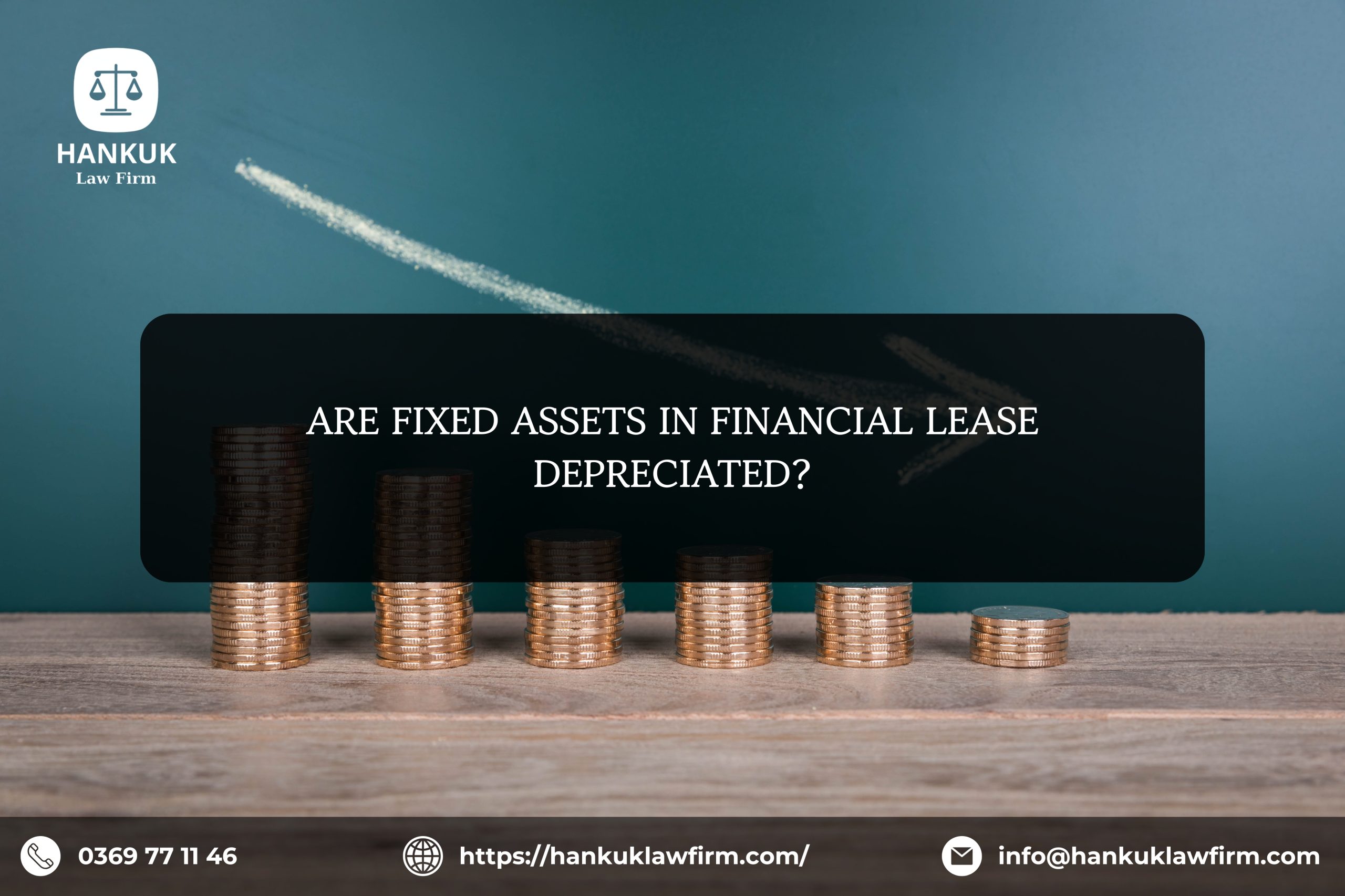
2. Are fixed assets under financial lease depreciated?
According to Article 9 of Circular 45/2013/TT-BTC, all existing fixed assets of an enterprise must be depreciated. However, the following types of fixed assets do not have to be depreciated, only a detailed book must be opened to monitor the annual depreciation value of each asset and the capital source for the asset is not recorded:
– Fixed assets have been fully depreciated but are still being used in production and business activities.
– Undepreciated fixed assets are lost.
– Other fixed assets managed by the enterprise but not owned by the enterprise (except financial leased fixed assets).
– Fixed assets are not managed, monitored, or accounted for in the enterprise’s accounting books.
– Fixed assets used in welfare activities to serve the enterprise’s employees (except for fixed assets serving employees working at the enterprise such as: mid-shift rest house, mid-shift cafeteria, changing room, etc.) toilets, clean water tanks, parking garages, medical rooms or stations for medical examination and treatment, shuttle buses for workers, training and vocational facilities, housing for workers built by the enterprise construction).
– Fixed assets from non-refundable aid sources are handed over to the enterprise by the competent authority to serve scientific research.
– Intangible fixed assets are long-term land use rights with collection of land use fees or transfer of legal long-term land use rights.
According to the above regulations, it can be seen that if the fixed asset is a financial leased fixed asset, the law requires that the enterprise must depreciate it. Depreciation of this asset is necessary to reflect the depreciation value of the asset during use and calculate reasonable costs for the business.
3. How is the depreciation period determined for financial leased assets?
The depreciation time of fixed assets (fixed assets) under finance lease will have 2 cases:
– Case 1: If the enterprise does not commit from the beginning not to buy back the assets, it must depreciate the assets according to current regulations as fixed assets owned by it.
– Case 2: If the enterprise commits from the beginning to repurchase the asset, the leasing enterprise can depreciate the financial leased fixed assets according to the lease term in the contract.
For tangible fixed assets: used, the depreciation period of fixed assets is determined as follows:
| Depreciation period of fixed assets | = | Fair value of fixed assets | X | Depreciation time of new fixed assets of the same type is determined |
| Selling price of 100% new fixed assets of the same type |
The fair value of fixed assets (fixed assets) is:
- Actual purchase or exchange price (in case of sale or exchange).
- The remaining value of the fixed asset or the value according to the assessment of the organization with the function of price appraisal (in case of being given, donated, donated, granted or transferred to).
- Value in other cases.
For intangible fixed assets:
- Enterprises themselves determine the depreciation period for intangible fixed assets, up to 20 years.
- Intangible fixed assets are land use rights with a limited term, leased land use rights: depreciated according to the time allowed to use the land.
- Intangible fixed assets are copyright rights, intellectual property rights, plant variety rights: amortized according to the protection term stated on the certificate, excluding extension periods.
Depreciation or cancellation of depreciation of fixed assets is carried out starting from the day (according to the number of days of the month) that the fixed asset increases or decreases. Enterprises carry out accounting for increases and decreases in fixed assets according to current regulations on corporate accounting regime.
4. Regulations on leasing, mortgage, mortgage, sale and liquidation of fixed assets under financial lease
The leasing, mortgage, mortgage, sale and liquidation of financial lease fixed assets according to Point b, Clause 2, Article 8 of Circular 45/2013/TT-BTC are as follows:
– Enterprises that lease fixed assets: must monitor, manage and use leased fixed assets as fixed assets owned by the enterprise and must fully fulfill the obligations committed in the contract. lease of fixed assets.
– Enterprises leasing fixed assets (as investors) must monitor and strictly comply with the provisions in the fixed asset lease contract.
5. About Us, Hankuk Law Firm
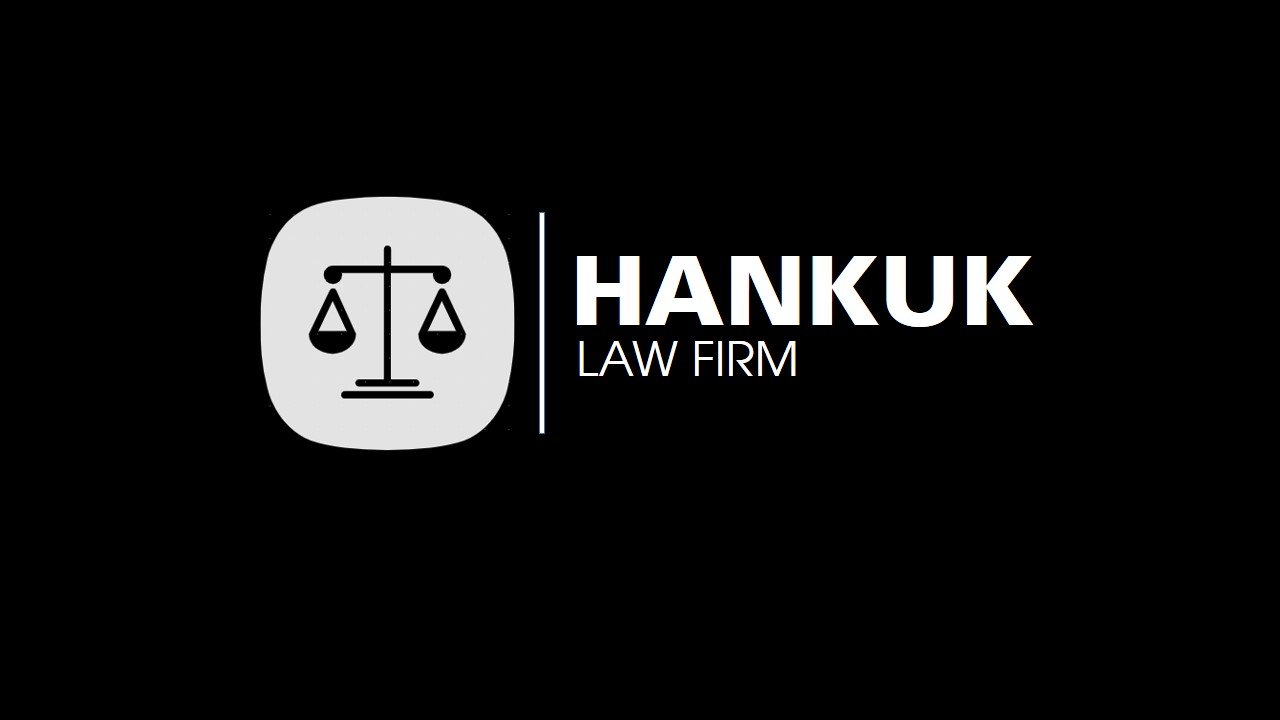
■ Hankuk Law Firm – Introduction
The goal of the legal services provided by HANKUK LAW FIRM is to support businesses, investors, and people. Our organization employs skilled Korean lawyers, partners, and professionals to provide legal services to businesses related to corporations and litigation.
To support the startup process, our lawyers and staff provide a wide range of services, including business law consulting, tax and immigration law consulting, real estate services, business consulting, marketing and communications, human resources, product distribution, franchise options, etc. We provide expert advice on every aspect of your business needs.
To protect the legitimate rights and interests of our clients and achieve the best results, we provide legal advice and participate in civil lawsuits related to business, labor, marriage, family, and inheritance.
■ Contact us now
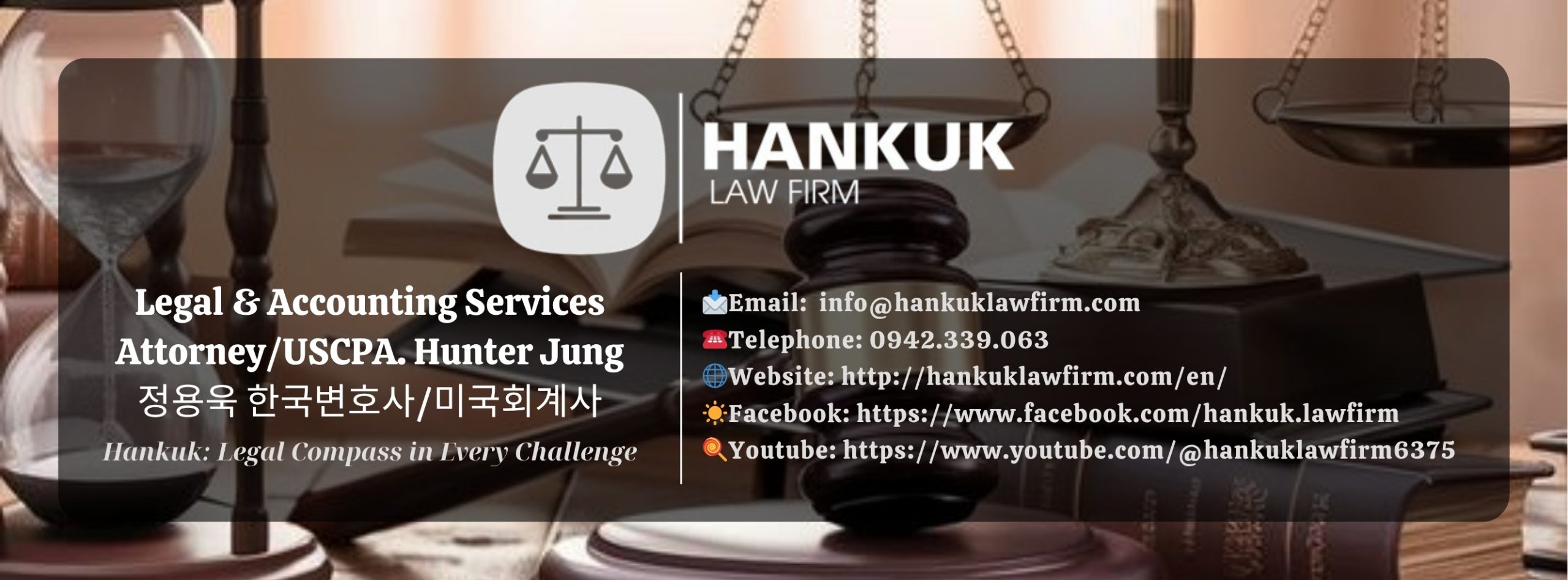
For reliable and effective legal advice, please contact HANKUK LAW FIRM now. We are committed to providing you with the best possible answers and our team of experienced lawyers has extensive knowledge in many legal fields. We are always here to provide the most competent and dedicated support, whether you are dealing with contractual issues, commercial disputes or need guidance on foreign investment. HANKUK LAW FIRM is honored to have assisted hundreds of domestic and international clients in skillfully resolving complex legal issues as their trusted legal partner. Do not let legal issues hinder your success. Let us accompany you towards legal achievement and comfort. For prompt guidance and support to ensure your rights are always maintained at the highest standards, contact HANKUK LAW FIRM now.
■ Contact Hankuk Law Firm:
| Website: http://hankuklawfirm.com/en/
Facebook: https://www.facebook.com/hankuk.lawfirm Tiktok: https://www.tiktok.com/@hankuklawfirm Youtube: https://www.youtube.com/@hankuklawfirm6375 Email: info@hankuklawfirm.com Telephone: (English) 0942.339.063 |
 |
